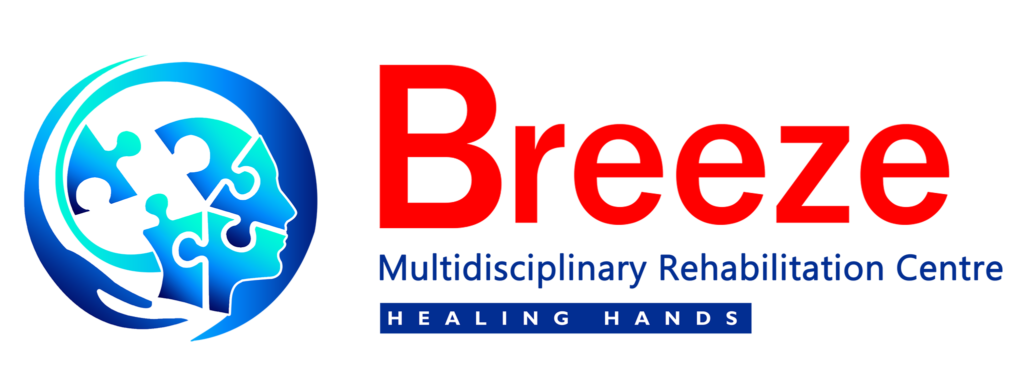Speech therapy for adults is designed to help individuals overcome communication difficulties, including speaking, listening, reading, and writing. Speech therapy can help individuals with a wide range of conditions, including:
- Speech and language disorders, such as stuttering, dysarthria, and apraxia of speech
- Voice disorders, such as hoarseness and vocal cord nodules
- Cognitive-communication disorders, such as aphasia and traumatic brain injury
- Swallowing difficulties, such as dysphagia
Speech therapists use a variety of techniques to help individuals improve their communication skills, including:
- Articulation therapy: focuses on improving the clarity and accuracy of speech sounds
- Language therapy: focuses on improving vocabulary, grammar, and sentence structure
- Voice therapy: focuses on improving vocal quality and reducing voice disorders
- Fluency therapy: focuses on reducing stuttering and improving the smoothness of speech
- Cognitive-communication therapy: focuses on improving attention, memory, and problem-solving skills
- Swallowing therapy: focuses on improving the ability to safely and effectively swallow food and liquids
Speech therapy for adults can be delivered in a variety of settings, including hospitals, rehabilitation centers, outpatient clinics, and the individual’s home. The specific approach and techniques used will depend on the individual’s needs and goals, and may involve a multidisciplinary team of healthcare professionals, including speech therapists, physicians, and other specialists.
It is important to seek out speech therapy from a licensed and experienced speech therapist who is trained to work with adults and has a deep understanding of their needs and abilities. The speech therapist should be able to develop a personalized treatment plan that takes into account the individual’s specific needs and goals, and should be able to provide ongoing support and guidance to help individuals achieve their communication goals.

